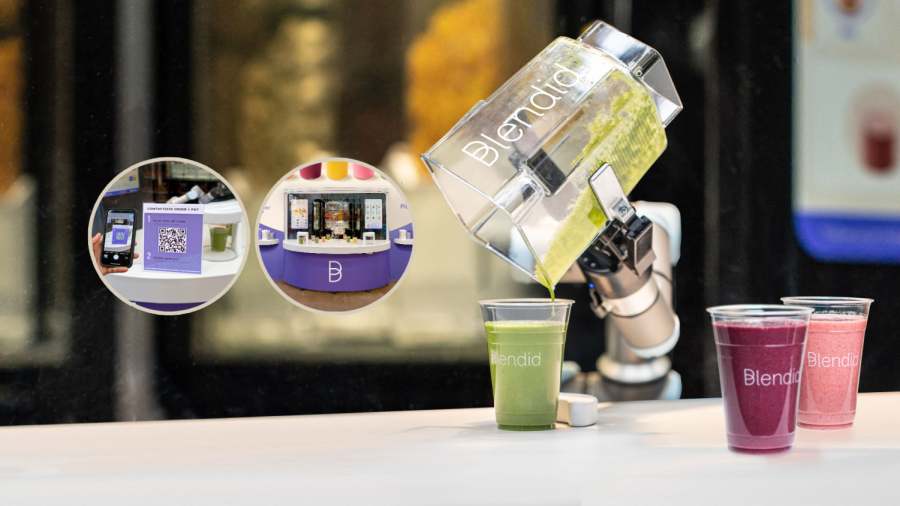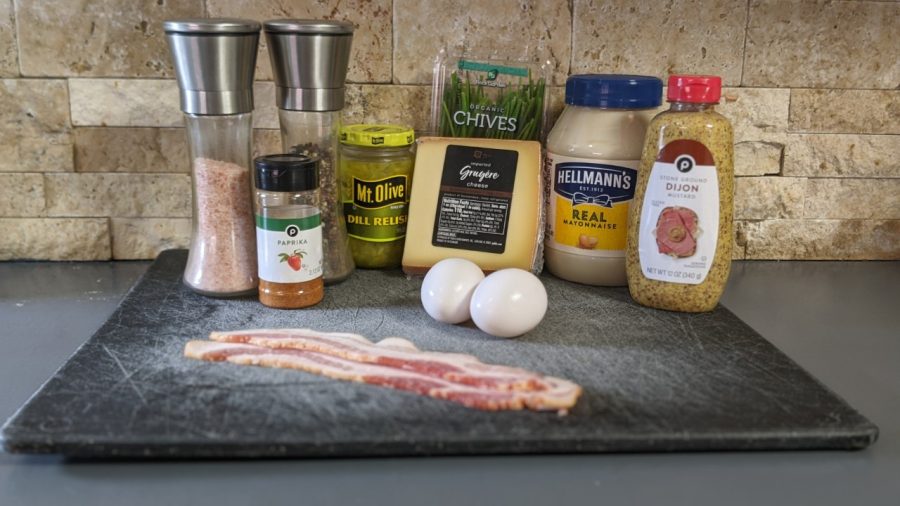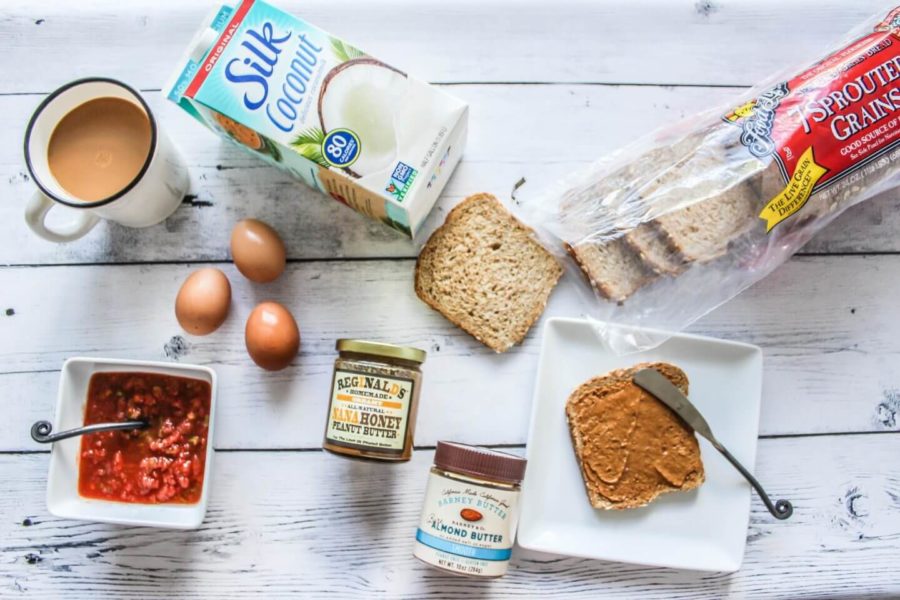Health-conscious consumers have started loading up on milks of every variety, including macadamia, almond and coconut milks.
With developing technology and the consumer’s growing desire for plant-based foods and dairy alternatives, one does wonder: what will milk be made out of next?
The latest milk product comes from the yellow pea.

Ripple, the leading company of this new trend, has found a way to extract the nutrients from yellow peas and make it creamy and tasty enough for human consumption.
Here are a few things this small-but-mighty vegetable-based milk has in store for your organs.
Free of any allergens
Gluten-free, lactose-free and nut-free, pea-based milks are the way to go if you suffer from celiac disease or other food intolerances.
Fifty percent more calcium than regular milk
Generally speaking, most nut milks contain a considerable less amount of calcium compared to cow milk, causing many nut milk drinkers to supplement their day with calcium vitamins. However, pea-based milks contain 50 percent more calcium than regular milk.
High in DHA Omega-3s
The Harvard School of Public Health notes that these essential fatty acids cannot be created by your body alone and must be consumed daily.
While this substance is usually taken in the form of vitamins or by consuming fish, Ripple’s pea milk could be a good substitute as it contains high amounts of this super-fat.
Consuming DHA Omega-3s has been noted to benefit a wide variety of human functions for all age ranges, including reducing inflammation, improving brain function, preventing heart disease and supporting eye health.
More protein
Many other nut milks contain comparable amounts of micronutrients.
Pea milk boasts an exuberant amount of protein.
According to Ripple’s website, pea-based milk has up eight time more protein per serving than almond milk, and eight grams compared to coconut milk.
For more information on how Ripple is benefiting your body and our environment, visit their website at ripplefoods.com.









































